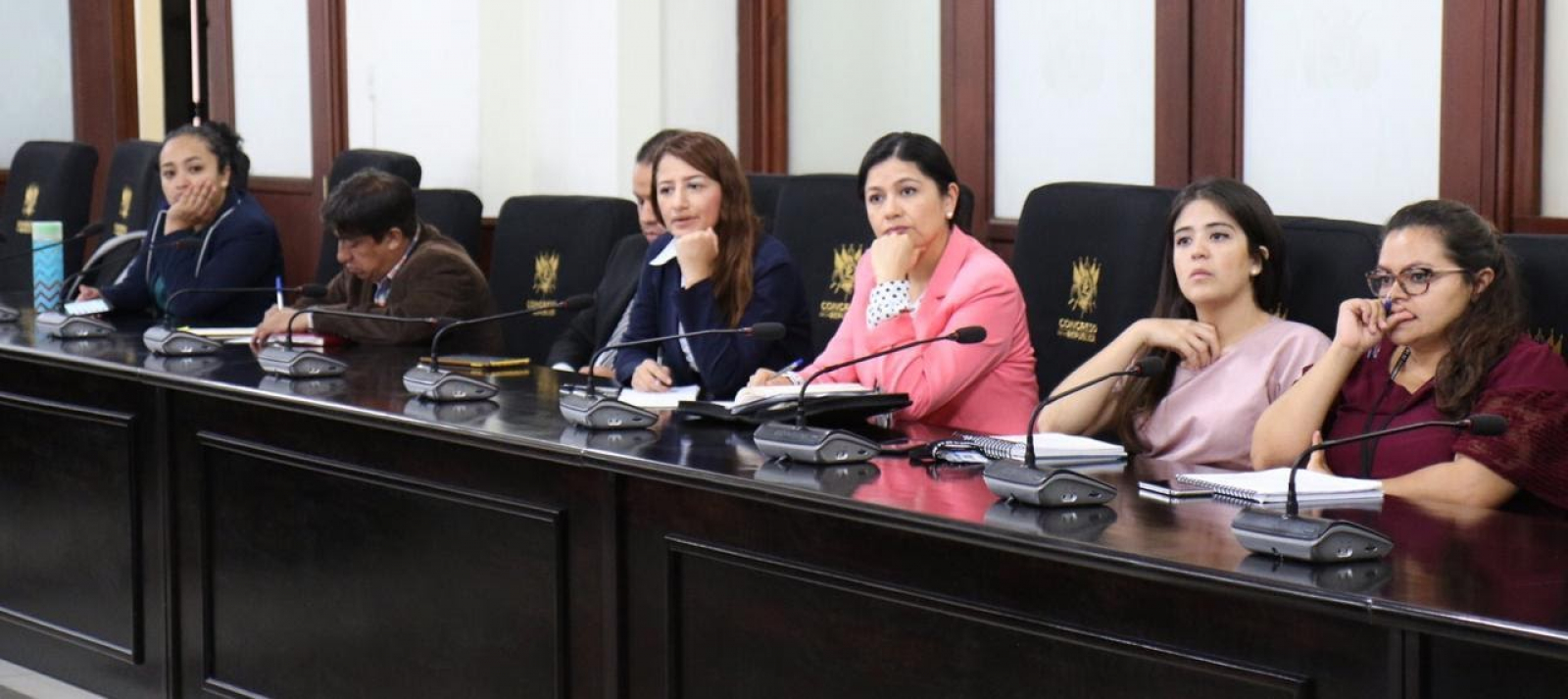
SHARE
On May 1, just a few hours after opening its first session, El Salvador’s newly elected legislature summarily dismissed and reappointed a new attorney general and all five judges in the Supreme Court’s constitutional chamber. Having won a super-majority in the new legislature, President Bukele was quick to tweet his support for the removals, which he characterized as a “housecleaning” and punctuated with five clapping hand emojis.
International condemnation was equally swift: the UN Special Rapporteur on the independence of judges and lawyers stressed that "democratic institutions, the separation of power and independence of the judiciary are under attack,” while the Human Rights Watch's Americas Director said "Bukele is breaking with the rule of law and seeks to concentrate all power in his hands."
Though the lightning parliamentary powerplay in San Salvador was shocking, it was not wholly surprising. Earlier in the year on February 1, the Guatemalan legislature elected a judge to the constitutional court, even though he was under investigation (and subsequently charged) by the public prosecutor’s office. And just a few weeks later, the same legislature refused to recognize the re-election of a constitutional court judge widely perceived as an effective anti-corruption crusader.
In each of these cases, the stakes in determining the composition of the courts or selecting the attorney general could not be higher. In recent years, honest and courageous judges and prosecutors have been the most significant brake on threats to rule of law, serving as a buttress for holding corrupt officials to account.
As outlined in research supported by Open Society Foundations and the Washington Office on Latin America, civil society organizations have carried out a wide range of efforts to promote the transparency and integrity of the selection processes. Given the ongoing challenges related to the integrity of judicial operators, the work of civil society is critical to pressure for anti-corruption reforms, raise public and international attention, monitor selection processes, document procedural violations and investigate judicial and prosecutor candidates.
Against the backdrop of Guatemala’s history of ideological, ethnic and class cleavages, NDI has worked to support broad-based civil society coalitions that include both non-governmental organizations specialized in transparency and judicial reforms, as well as popular movements representing marginalized populations. With the 40-member coalition, Alliance for Reforms, for instance, NDI has assisted in promoting transparency and raising public awareness regarding the selection processes, criteria and candidate profiles. Similarly with Citizenship Pact, a “platform of platforms” made up of national and subnational organizations, NDI has supported the development of its strategic vision, advocacy agenda and internal governance model. With both groups, NDI seeks to strengthen spaces for dialogue and coordination on anti-corruption and anti-impunity agendas.
In El Salvador, NDI has supported investigative journalism outlet Factum Media to provide information on candidates and report on the selection process for judges. In parallel, NDI’s support for the coalition Citizens for an Independent Court promotes merit-based selections to standardize selection criteria and provide information on candidates’ legal qualifications.
Responsibility for sustainable justice reform does not rest on the shoulders of civic watchdog organizations alone. Long-term improvements also require good faith efforts and commitment of a broader set of stakeholders, including the private sector. Of the three countries, Honduras is the only one where the private sector has a formal role in the selection process -- specifically as one of the nominating entities. NDI’s work in that country has focused on supporting the Honduran Council for Private Enterprise (COHEP) for improving its own selection criteria, conducting monitoring of the overall selection process and identifying areas for further legislative reform.
Though the cause of judicial independence has taken a hit in recent weeks, NDI’s civil society partners in the region remain resolved to engage politicians and political parties as they push their governments and mobilize the citizenry in support of selection processes carried out transparently and based on capacity and integrity.
Authors: Kristen Sample is the Director of NDI's Democratic Governance and Eduardo Nuñez is the Director of the Regional Program for Central America.


